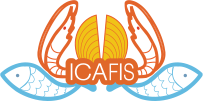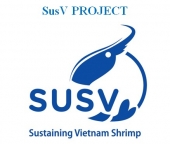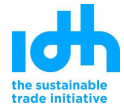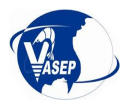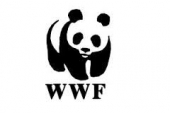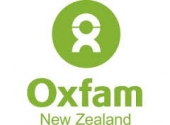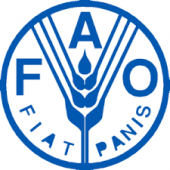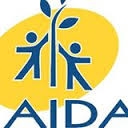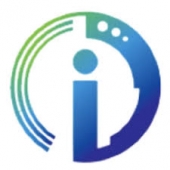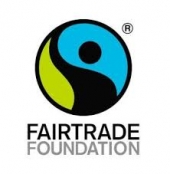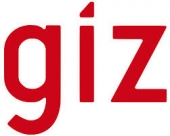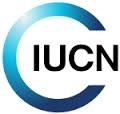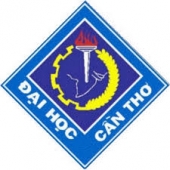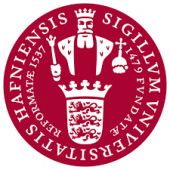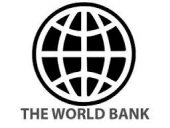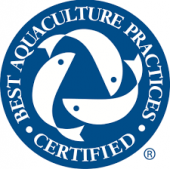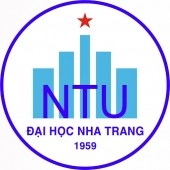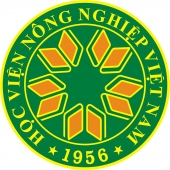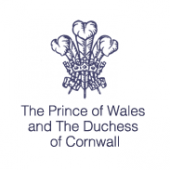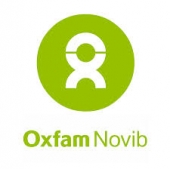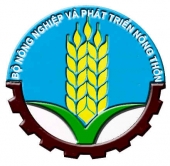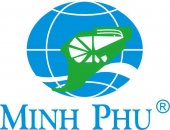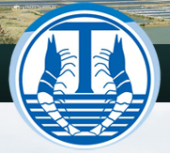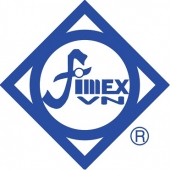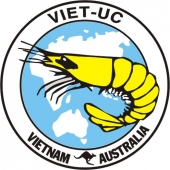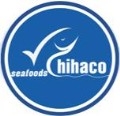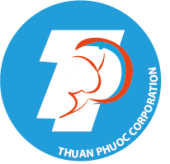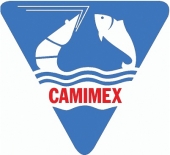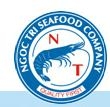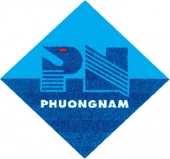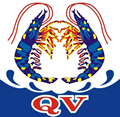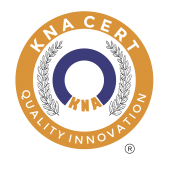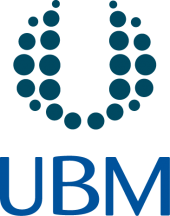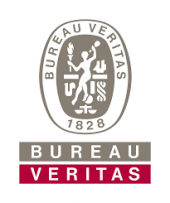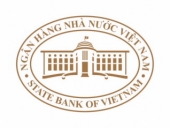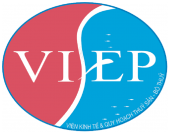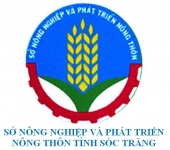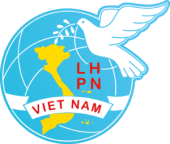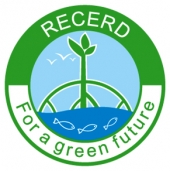The “Blue Ocean – Blue Foods” Program was officially launched on July 6, 2024, with the support of the Directorate of Fisheries, Ministry of Agriculture and Rural Development of Vietnam. The program aims to establish a carbon sink for the fisheries sector and promote green production and consumption as a practical solution to help protect the planet.
The program was initiated and developed by the International Collaborating Centre for Aquaculture and Fisheries Sustainability (ICAFIS), an affiliate of the Vietnam Fisheries Society, in collaboration with JapiFoods Co., Ltd.. ICAFIS serves as the program coordinator, while JapiFoods—a pioneering enterprise in green and sustainable food production—commits to contributing 10% of its total revenue to the program’s activities. In addition, JapiFoods has pledged to purchase all harvested seaweed from local farmers at prices higher than the market rate at the time of collection.
The program focuses on the following key objectives:
-
Promoting responsible stakeholder engagement in mitigating the impacts of climate change, improving marine environments, and enhancing community livelihoods;
-
Raising awareness among coastal communities about climate change and marine ecosystem conservation;
-
Encouraging business participation in marine environmental protection through the “Blue Ocean” initiative;
-
Developing a responsible, circular seafood value chain under the “Blue Foods” initiative;
-
Establishing and expanding the “Blue Foods Alliance”, a coalition for responsible seafood.
Notably, within the first three years, the program aims to distribute free seaweed seedlings and cultivate at least 1,000 hectares of seaweed.
Seaweed has been selected as a strategic species for developing the fisheries sector's carbon sink due to its exceptional carbon absorption capabilities:
-
It can store up to 1,500 tons of greenhouse gases per square kilometer;
-
Grows 30–60 times faster than terrestrial plants;
-
Absorbs 2–4 times, and up to 20 times, more carbon than an equivalent area of forest on land
(Journal of the Japan Institute of Marine Engineering, Vol. 52, No. 6, 2017).
The “Blue Ocean – Blue Foods” Program represents a pioneering effort to translate Vietnam’s climate commitments in the fisheries sector into tangible action, while also inspiring scalable models for a green, responsible, and sustainable blue economy.
